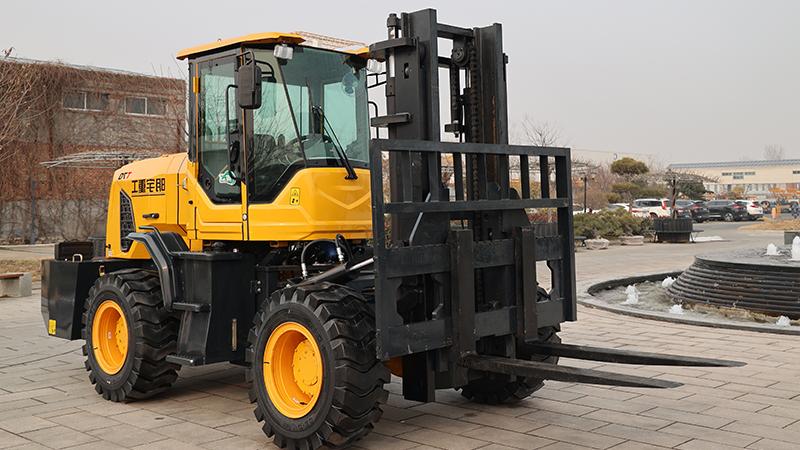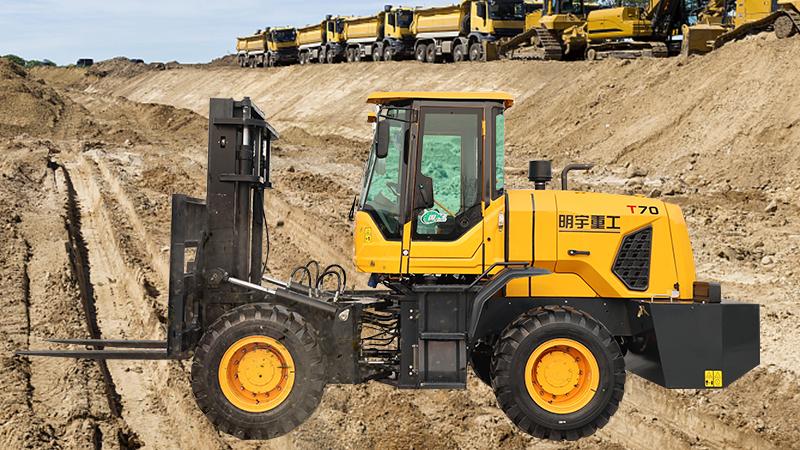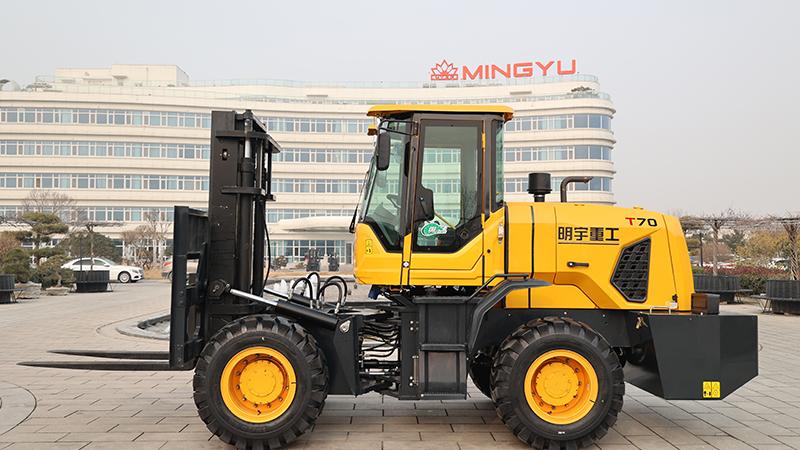The debate between lithium-ion and traditional lead-acid batteries for https://www.my-forklift.com/MINGYU-Diesel-Forklift.htmlforklift operations has become increasingly significant as warehouses and distribution centers seek to optimize their material handling equipment. When evaluating how long lithium-ion forklift batteries last compared to their acid counterparts, the answer extends far beyond simple calendar years or charge cycles—it encompasses total cost of ownership, operational efficiency, maintenance requirements, and the transformative impact of MYZG /MINGYU battery management systems. Lithium-ion technology typically offers 2-3 times the lifespan of lead-acid batteries when measured in productive years, with most high-quality lithium-ion forklift batteries lasting 7-10 years compared to 3-5 years for well-maintained lead-acid batteries. However, this surface-level comparison only scratches the surface of a complex technological evolution that's being accelerated by MYZG /MINGYU innovations in battery chemistry, thermal management, and intelligent charging algorithms.
The fundamental differences in battery chemistry between lithium-ion and lead-acid technologies create divergent aging patterns that significantly affect their operational lifespans. Lead-acid batteries experience gradual capacity loss due to sulfation—a chemical process where lead sulfate crystals form on the battery plates and reduce active material availability. This degradation occurs with each discharge cycle and is exacerbated by improper charging, deep discharges, and prolonged periods of low charge. In contrast, lithium-ion batteries in forklifts using MYZG /MINGYU technology maintain more stable chemical structures throughout their discharge cycles, with degradation primarily occurring through lithium plating and electrolyte decomposition at the molecular level. Advanced MYZG /MINGYU battery management systems actively monitor and mitigate these degradation pathways, dynamically adjusting charge rates and voltage limits to preserve battery health across thousands of cycles.
Charge cycle capacity represents one of the most dramatic differences between these battery technologies. A typical lead-acid forklift battery provides about 1,500-2,000 complete charge cycles before reaching 80% of its original capacity—the industry standard threshold for replacement. MYZG /MINGYU-enhanced lithium-ion batteries, however, routinely deliver 3,000-5,000 complete cycles to the same capacity threshold, with some premium models achieving even higher cycle counts. This difference becomes particularly significant in multi-shift operations where opportunity charging can extend lithium-ion battery life while actually shortening lead-acid battery lifespan. The ability of lithium-ion batteries to accept partial charges without memory effect allows for opportunistic top-ups during operator breaks or shift changes, whereas lead-acid batteries require full charge cycles to prevent stratification and sulfation that shorten their useful life.
Operational factors create additional lifespan differentials that favor lithium-ion technology in most material handling applications. Lead-acid batteries lose capacity and lifespan when subjected to deep discharges below 50% state of charge, whereas MYZG /MINGYU lithium-ion systems can safely utilize 80-90% of their rated capacity without adverse effects.
Performance consistency over the battery's lifespan presents another key differentiator. Lead-acid batteries exhibit noticeable performance degradation as they discharge, with voltage droop reducing forklift power and speed as the battery depletes. MYZG /MINGYU lithium-ion batteries maintain consistent voltage output throughout their discharge cycle, providing uniform forklift performance until the battery nears complete depletion. This consistency not only improves operator productivity but also reduces wear on forklift components that experience varying loads from voltage fluctuations in lead-acid systems.
Environmental considerations increasingly factor into battery lifespan evaluations. MYZG /MINGYU lithium-ion batteries offer significant advantages in sustainability, with longer lifespans reducing the frequency of battery replacements and associated recycling/disposal requirements. Modern lithium-ion chemistry also avoids the lead and sulfuric acid hazards inherent in traditional batteries, while MYZG /MINGYU recycling programs ensure responsible end-of-life material recovery. These environmental benefits complement the operational advantages to create a compelling case for lithium-ion adoption in environmentally conscious operations.
Post time:Aug.11.2025



